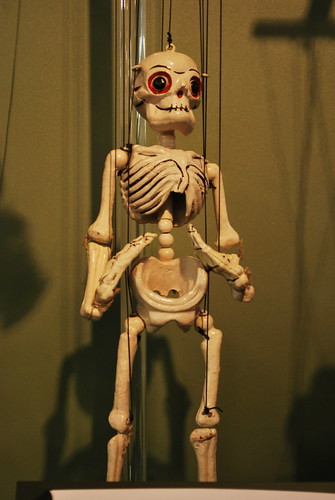The library belongs to Lars's friend, interlocutor, and abusive rotten conscience, W., whom Lars is visiting.
Up another flight to the top floor, and the holy of holies: W.'s study. His bookshelves--not too many, since W. gives away most of his books ("I don't hoard them, like you," he says), but enough for all the essentials. His Hebrew/English dictionary. His volumes of Cohen. His collected Rosenzweigs.W. is terrified that he will soon have to leave his house--that the humanities at his university are on the brink of being crushed by the overwhelming need to demonstrate value, that they'll soon be replaced by yet another Department of Sport. So he is attentive to his house now, savoring his moments there.
Nonetheless, he doesn't feel the same duty that Machiavelli does to wear his finest robes:
How does he dress himself for scholarship?, I ask him. He wears his dressing gown, W. says. He sits in his dressing gown and reads, looking up difficult German words (which is to say, most of them), in the dictionary.But such a space can still be profaned:
This is the room where I sleep when I stay. W. pulls out a camp bed and makes it up. He has to fumigate his study after I've slept in it, he says. It has to be re-consecrated, his temple of scholarship.This, this must be what the ancients meant when they wrote paeans to friendship!






